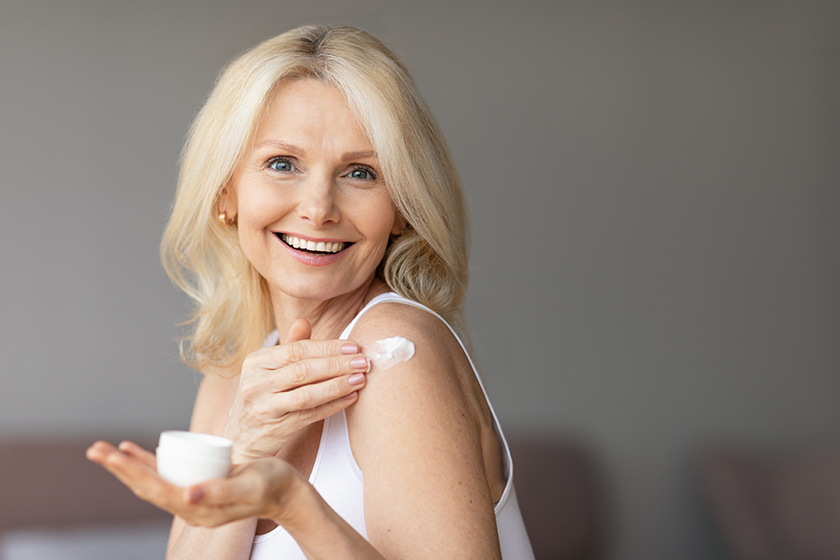Your skin is a dynamic organ that adapts to various internal and external changes. Among these changes, dryness becomes a common concern in the golden years. Understanding dry skin causes in seniors is the first step toward finding solutions to maintain healthy, comfortable skin.
Various factors—from natural aging processes to environmental influences—contribute to this condition. Fortunately, with proper care and an environment that supports wellness, it is possible to manage dryness effectively.
The Impact of Reduced Oil Production
One of the primary reasons behind dry skin is a natural decline in oil production. Sebum, an essential component of your skin’s barrier, helps lock in moisture and protect against external irritants. Reduced sebum levels make the skin more prone to dryness and sensitivity.
This shift can make daily activities like dressing or outdoor exploration less comfortable, emphasizing the importance of a supportive care environment.
How Aging Affects Skin Structure
Aging alters the very structure of your skin, making it more susceptible to moisture loss. The stratum corneum, your skin’s outermost layer, thins over time, diminishing its ability to retain water. Coupled with reduced collagen and elastin in the dermis, these changes lead to drier, less elastic skin.
These shifts affect appearance and how you engage in your favorite lifestyle activities, from gardening to social gatherings.
Environmental Factors that Exacerbate Dryness
Environmental elements often amplify skin dryness. Exposure to low humidity, often experienced indoors due to heating or air conditioning, rapidly depletes the skin’s moisture. Prolonged exposure to sunlight compounds this effect by damaging skin cells and further reducing hydration levels.
The Role of Lifestyle Choices
Daily habits can significantly influence skin health. Limited water intake may result in dehydration, affecting the skin’s moisture retention. Smoking, another factor, introduces harmful chemicals that accelerate aging and worsen dryness.
Even bathing habits, such as frequent hot showers or using harsh soaps, strip the skin of its natural oils. Adjusting these habits and incorporating hydration-focused activities can make a notable difference.
Medical Factors and Medications
Underlying health conditions, including diabetes, kidney concerns, or dermatitis, frequently contribute to dry skin in older adults. Medications such as diuretics may indirectly reduce skin moisture by increasing fluid loss. Recognizing these connections allows for better management through personalized care and wellness routines.
Stress and Its Effects on Skin
Stress has far-reaching impacts, and your skin is no exception. Chronic stress can weaken the body’s defenses, leading to dryness, irritation, and even flare-ups of existing conditions. Engaging in community events or wellness-focused programs can alleviate stress and support overall skin health.
Cultivating Wellness in Community Living
Managing dry skin involves more than topical solutions; it benefits from a comprehensive approach that includes hydration, nutrition, and active engagement.
Our community’s exclusive programs such as Dimensions Health & Wellness, foster an environment where every aspect of well-being is nurtured. Residents enjoy a balanced lifestyle with opportunities to participate in activities and forge meaningful connections.
A Vibrant Environment for Lasting Comfort
Dry skin need not hinder your pursuit of vibrant living. From thoughtfully designed residences to enriching activities, you or your loved ones can embrace a lifestyle prioritizing health and happiness.
In our retirement community, we carefully curate services and amenities to help residents stay comfortable and engaged. Discover how our community fosters physical care and emotional fulfillment for a truly enriching experience.







